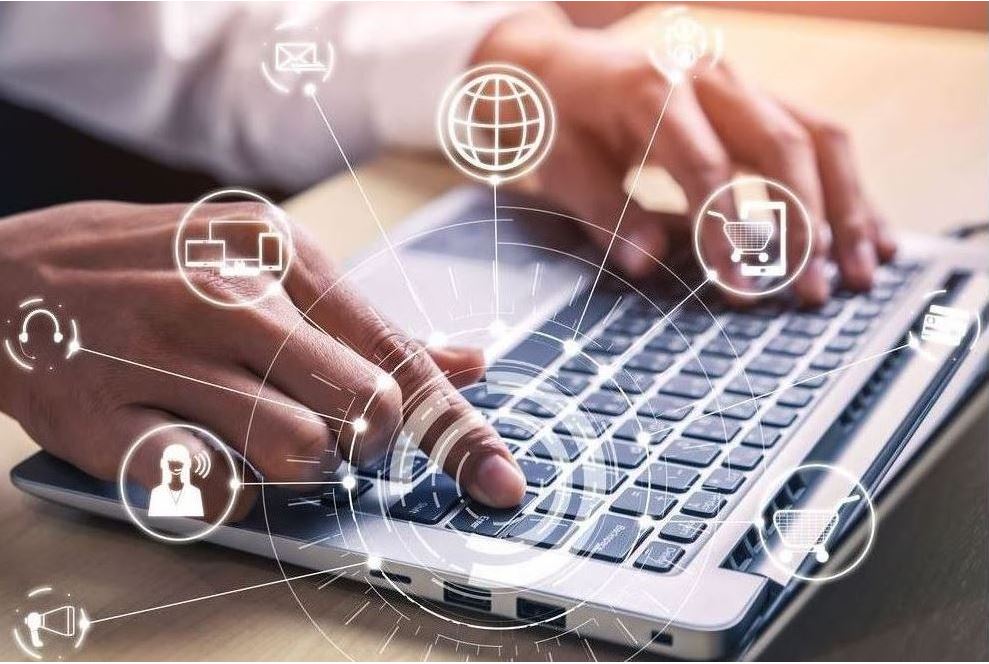
Whether you’re concerned about your financial information being stolen, your business’ data being breached, or any of your personal information being hacked, you should know that there are ways to keep your info secure. This month we’ll discuss security tools and how to improve security in your social media accounts and online purchases. And check back soon for our follow-up blog about security with passwords and passcodes!
Follow These Tips for a More Secure Internet
Security Tools
Install an Antivirus Program, and Update it Regularly
Most of us have had a virus that made our systems crash, but that’s not the worst thing that can happen when a computer isn’t protected. Ransomware will encrypt your files and demand payment to restore them, while trojan horse programs can steal your private information. Antivirus software protects against viruses and the rest of these things as long as you continuously download its updates. Keep in mind that Windows does have an antivirus built into it, but it isn’t as effective as third-party solutions. Do some research to find out which protection programs will work best for your security needs.
Understand Your Security Tools
That antivirus stuff we mentioned above? The only way for it to work its best is if you know how to use it. Check your detection settings to see if your system is configured to block popups that can lead to viruses. Also visit the AMTSO website (Anti-Malware Testing Standards Organization) and check out the Security Features Check Tools page to explore what your current desktop security software is capable of.
Always Use a VPN (Virtual Private Network)
When you’re not in the office or at home, be careful when using free Wi-Fi. These connections are not secure, so it’s possible that someone else on that network could steal any data on your device. A VPN encrypts your internet traffic, routing it through a server owned by the VPN company, and it hides your IP address. If you’ve never used a VPN before, make sure to learn how to set it up.
Email and Social Media
Have Different Email Addresses for Various Types of Accounts
You don’t want important personal or business emails coming to the same account where you sign up for new apps. Think about using one email address dedicated solely to new apps that might have questionable security or spam. That way, if the dedicated account starts to send you a lot of spam or fishy links, you can close it without worrying about losing important information.
Protect Your Privacy on Facebook
Social media is great for entertainment and staying connected, but it can greatly put your privacy at risk. By disabling the sharing platform, you can reduce the possibility of your personal data being leaked. When you disable this feature, you won’t get the pop-up option to use Facebook to log into other websites. You should also make sure your posts are never set to public, and check that all other social media accounts are set to private as well.
Purchases
Pay with Mobile Apps Instead of Credit Cards
Credit card payments are just not as secure as they used to be, because once your number is stolen, it can be used again and again. Apple Pay or a similar Android app generates a one-use authentication code that’s only good for the current transaction. Some banks also have a secure program that, after you log into your account, generates a 16-digit number and a security code, and then asks you for a time when you want those digits to become invalid.
Have Security Questions? Ask HTC!
If you’re not sure whether you’re doing all you can to keep your system secure, don’t worry. HTC’s SecureIT Web Security Software protects you from scams and hackers by blocking and removing viruses, protecting your passwords, and even providing 5 GB of file backup. Contact us today to add this package to your plan. It’s well worth it to know your Internet system is safe and secure.

